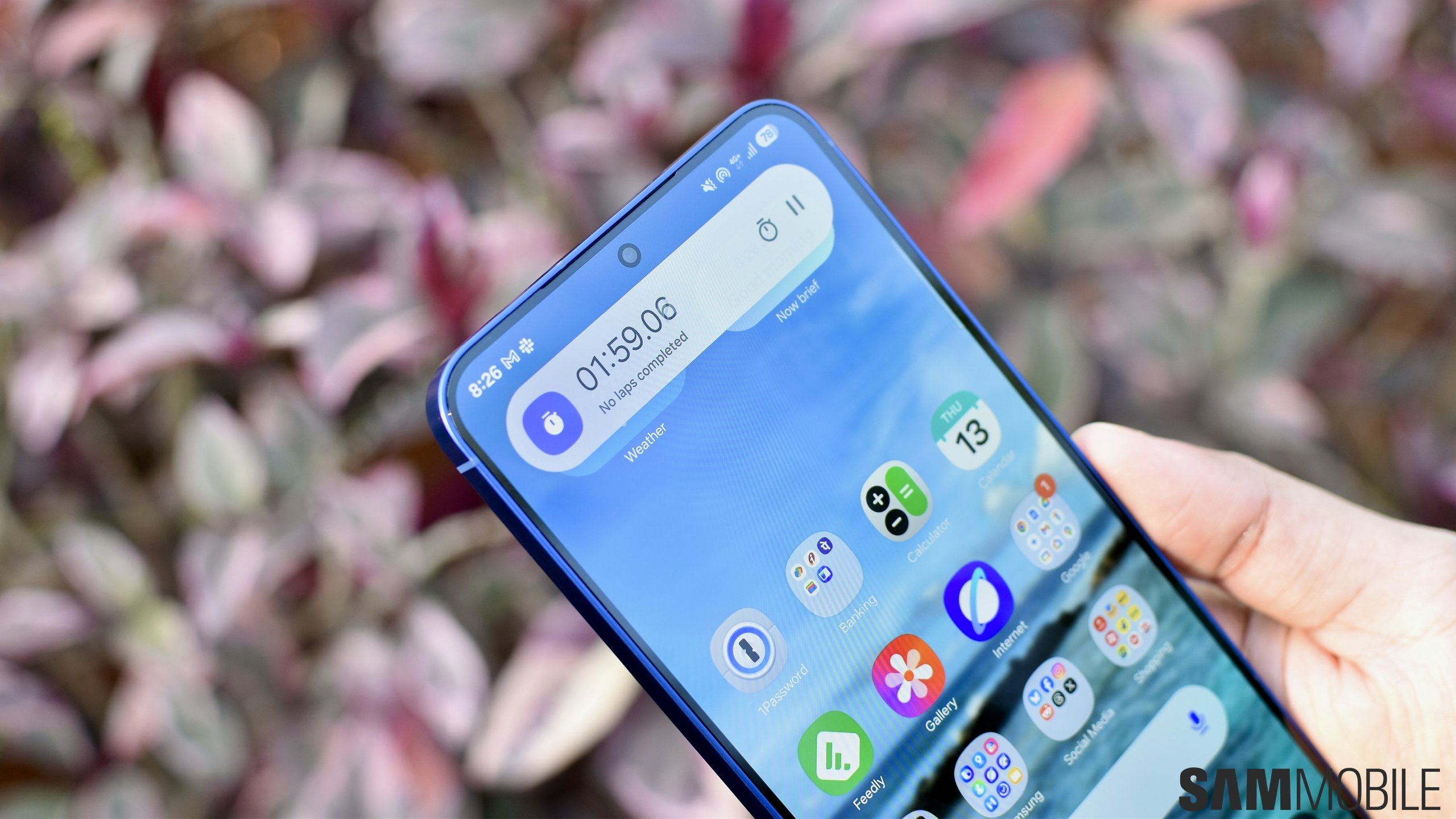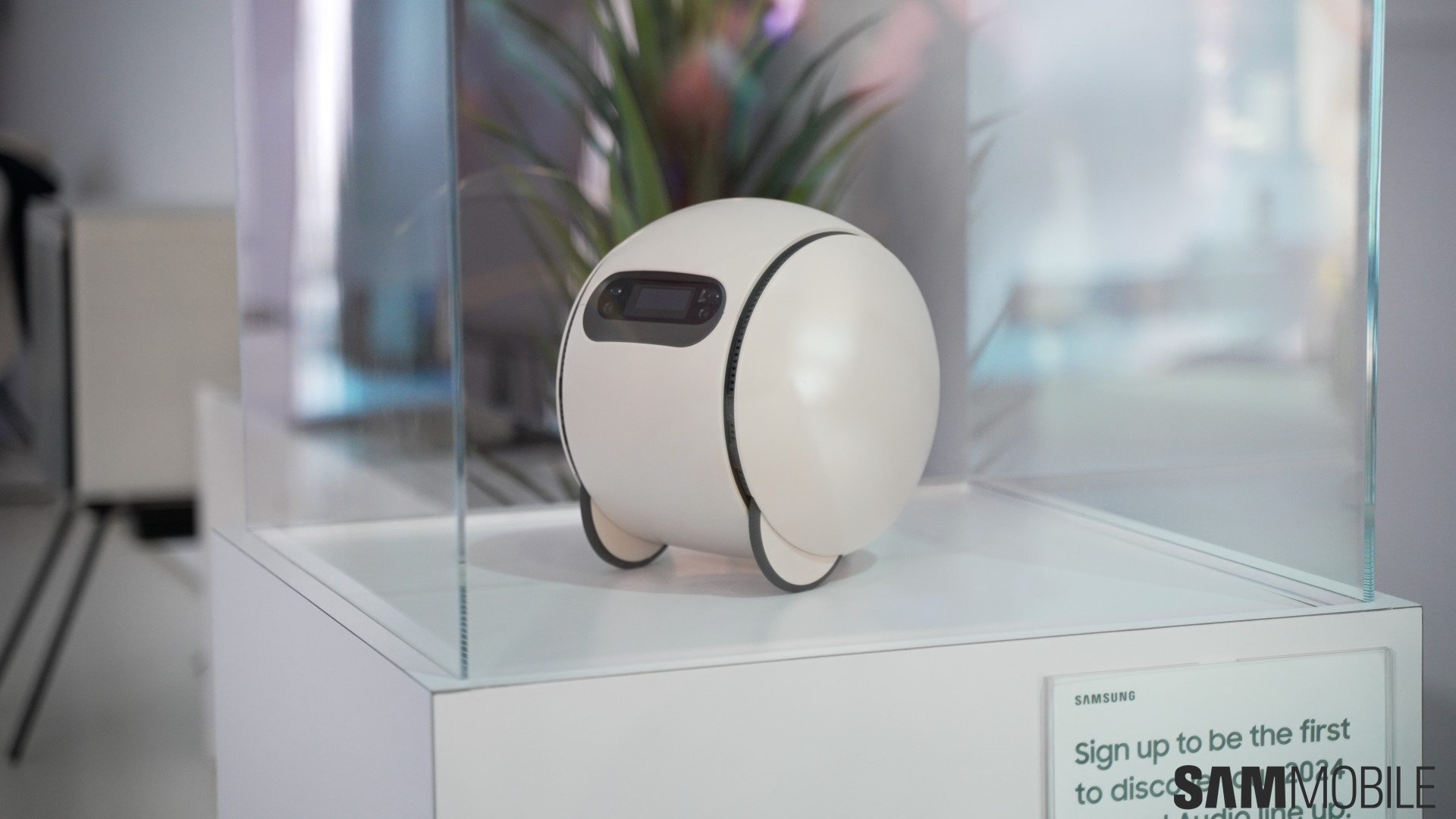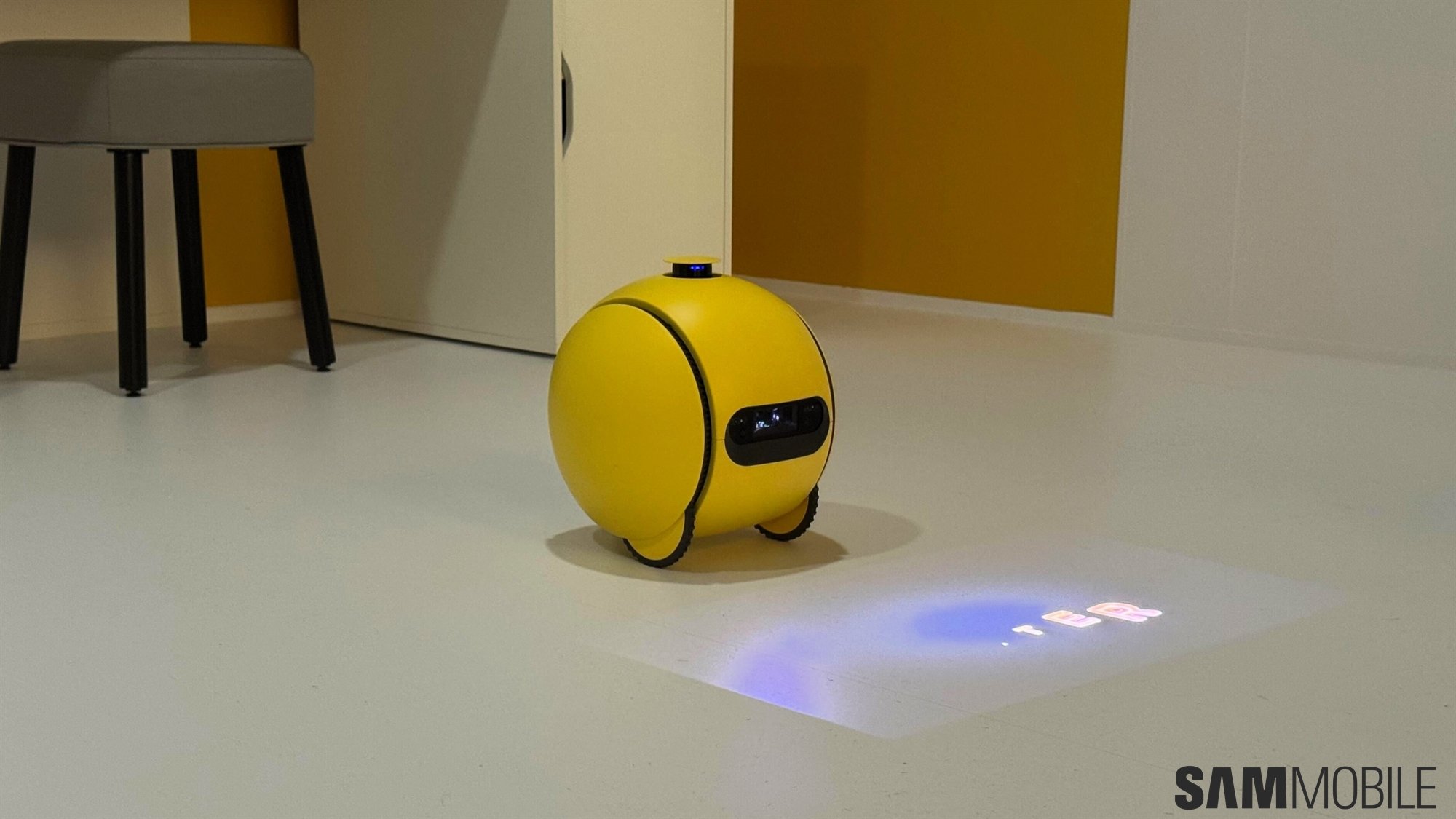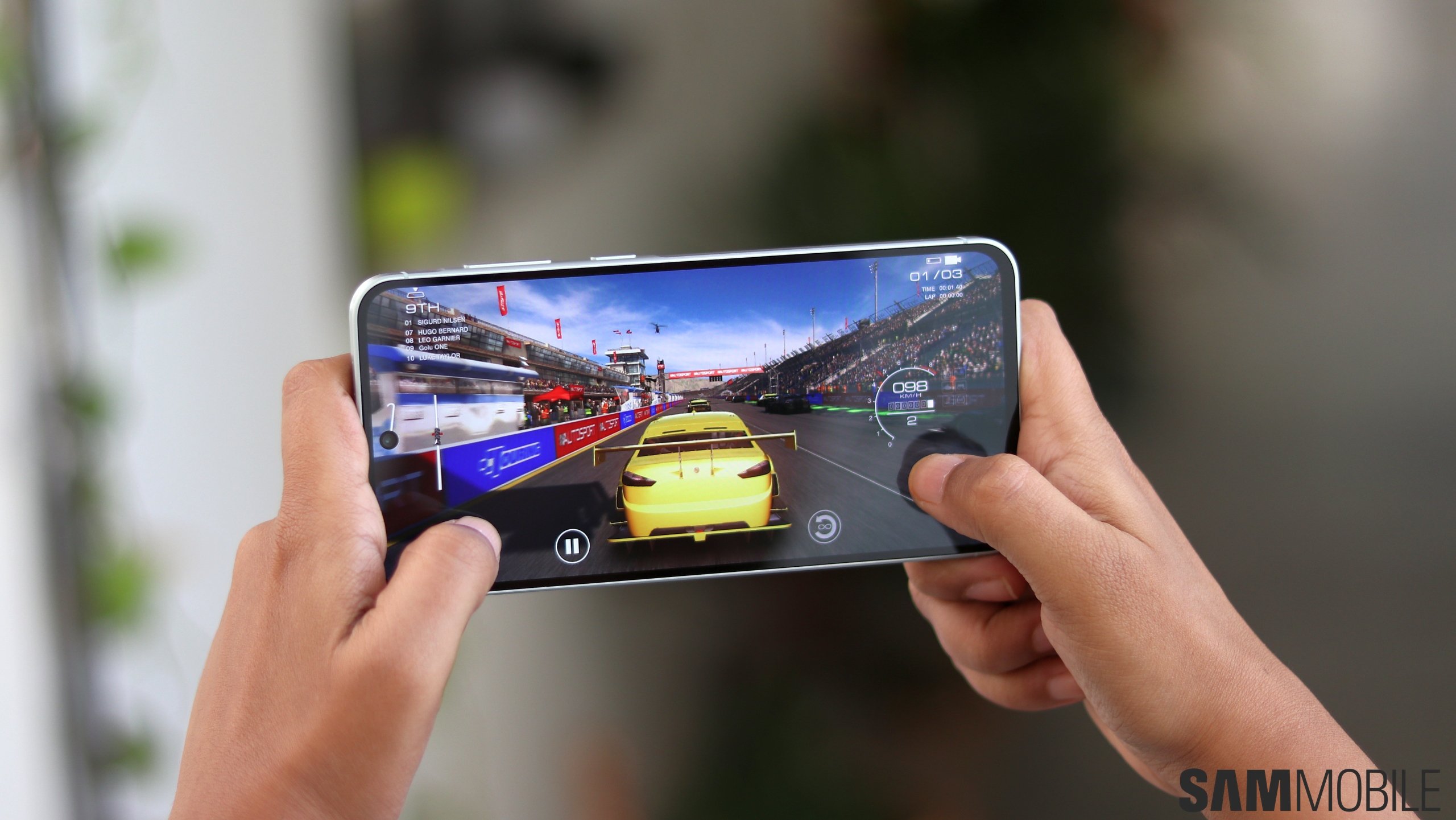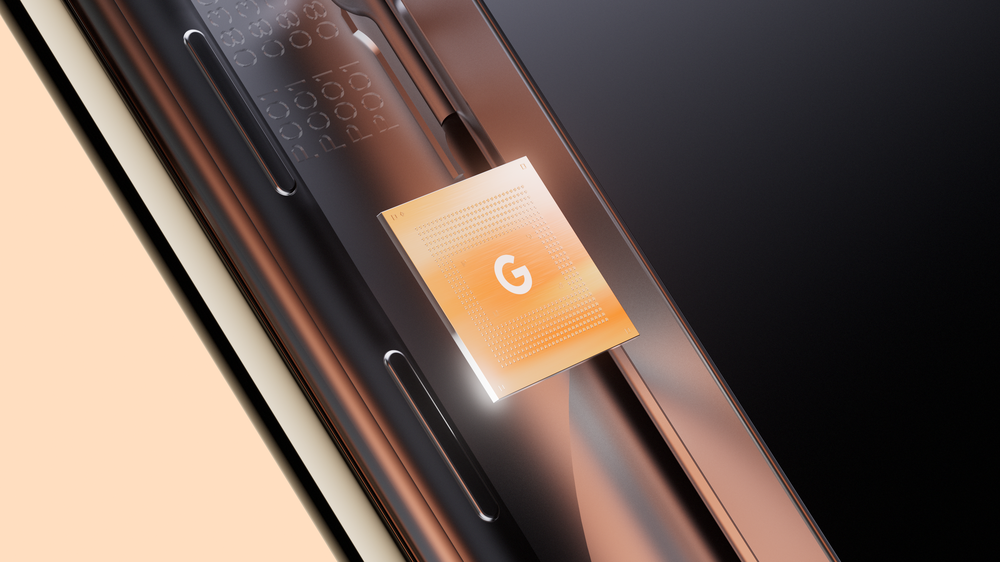
Since Google doesn't have its own fabrication facility, it would need to contract the manufacturing of the chipset it designed to a third party like Samsung or TSMC. That contract has reportedly been awarded to Samsung.
Is Samsung bringing Pixel phones at par with its own flagships?
It was reported earlier this year that Google has co-developed its new high-end processor with Samsung's semiconductor division. The chipset is also going to be manufactured using Samsung's 5nm LPE fabrication process.
The Google Tensor chip has been officially announced today by the company best known for internet search. It also confirmed that this chip will come with the new Pixel 6 and Pixel 6 Pro handsets due later this year. The Tensor SoC is named after the Tensor Processing Units that are used by Google in its data centers.
Google hasn't revealed the technical specs of the Tensor SoC. It remains unclear which components Google has designed itself and which have been licensed. What's known for sure is that the mobile TPU for AI tasks and a new Titan M2 security chip are Google-designed. There are no details on the CPU, GPU and 5G modem right now.
Earlier rumors have suggested that the processor will have two Cortex-A78 and two Cortex-A76 cores in addition to four Cortex-A55 CPU cores. A 20-core ARM Mali GPU may also be present. While the company hasn't confirmed who is manufacturing the Tensor chip, Nikkei Asia hears from sources familiar with the matter that Samsung is handling the production of this chip on its 5nm process technology.
Google has been talking up the artificial intelligence and machine learning capabilities of the Tensor chip which will enable the new Pixel phones to deliver experiences no other smartphone can. The most obvious improvements will be visible when taking photos or recording video and in voice recognition.
With Google's software prowess unshackled by the constraints of third-party SoCs, could it finally deliver a powerful flagship experience that can rival the best Samsung phones? Only time will tell.












